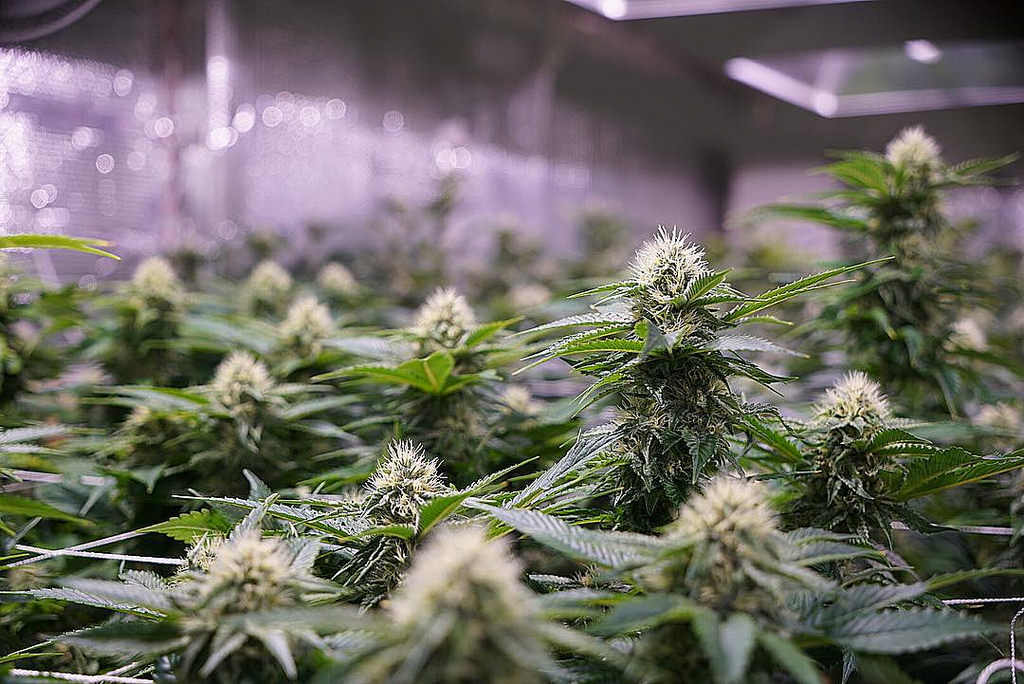In 2016, Co-Founder and CEO of Bio Natural Solutions Peru Ximena Adriazola Du-Pont joined the ranks of the 3% of startups worldwide that have a female CEO.
2 weeks ago, Du-Pont was presented as a success story and expert, describing her company’s innovative business model in the meeting of young entrepreneurs at Ulima Innovation Week at the University of Lima.
 Peruvian-based Bio Natural Solution is a disruptive startup in Agrotech, using research to create food biotechnology products.
Peruvian-based Bio Natural Solution is a disruptive startup in Agrotech, using research to create food biotechnology products.
A competition winner of the 2017 Future Agro Challenge Peru on November 24, 2017, Bio Natural Solution’s product Bio Natural Cover extends the shelf-life of fruits and vegetables 200% after harvest, in a natural way, with an edible coating.
With this win, their company was invited to join the other 59 countries’ winners for the final selection of the Agripreneur of the Year at the FAC Global Championships. The competition is in April and is the main event at the Global Agripreneurs Summit 2018, to be held in Istanbul.
At the summit, “Selected agripreneurs will gain access to world class mentors, investors, potential clients, and new market opportunities.”
The summit for agripreneurs is a gathering of innovative interests from all over the food and agricultural industry, including food technology, food security and sustainability, food waste, food safety, agroforestry, packaging and logistics, and agriculture education, production, and processing.
The Food and Agriculture Organization of the United Nations (FAO) highlighted the problems of 1300 million tons of food being wasted every year globally, corresponding to approximately 1 billion dollars a year lost. This waste translates to a 33% loss of all food produced in the world for human consumption.
In Latin America, the FAO reports that 127 million tons of food is wasted each year. The FAO estimates that, “food losses in Latin America would be enough to satisfy the dietary requirements of 300 million people”
In Peru, the FAO says 22% of food wastes are generated during handling and storage. This loss is valued at $200 million.
The FAO says that one of the several complex elements of a solution for food security is the resilience of food production systems and that the carbon footprint of food waste of vegetables is 21%. Thus, the extension of the shelf-life of produce is of importance to the goal of the international community to end hunger and malnutrition worldwide by 2030 and to reduce greenhouse gases.
The FAO also spoke of the importance of assessing the soil for microorganisms in order to establish sustained food production. In this field, more advanced technologies may be needed in Peru to ensure efficient food production with minimal waste.
“The increased speed and reduced cost of [genome] sequencing means that agricultural consultants can sequence the genes of the different microorganisms and give insights about how to best manage the land,” said Dmitri Petrov, co-founder of NGX Bio, a company providing access to any sequencing platform globally.
Partnering with the Innovate Peru Program, the Peruvian Ministry of Production (PRODUCE) has funding of approximately $3,400,000 available for biotech, agrotech, and foodtech solutions.
The Innovate Peru Program is backed by the Ministry of the Environment, (MINAM), German development agency GIZ, and the National Council for Science, Technology, and Innovation (CONYCIT).











